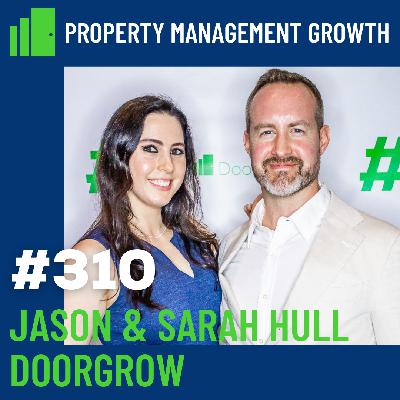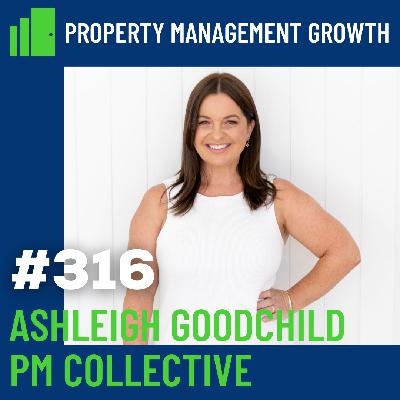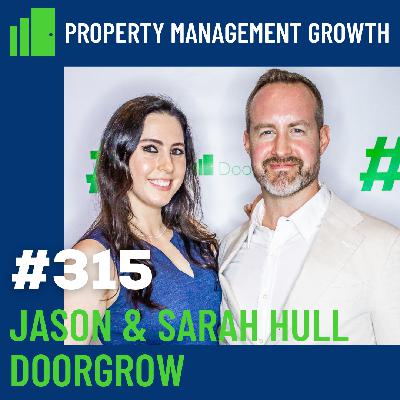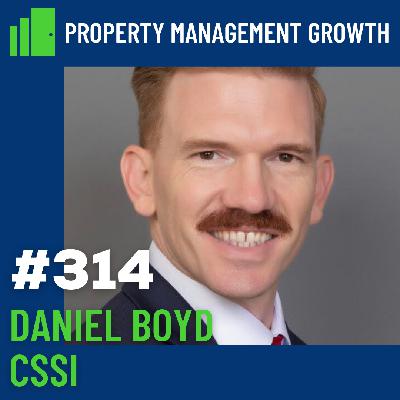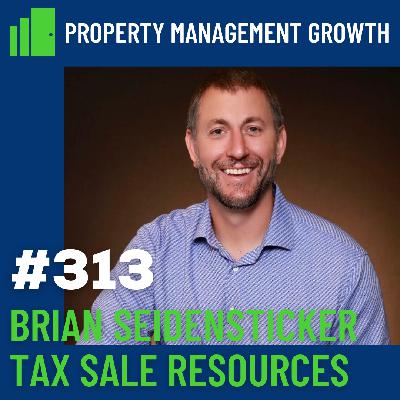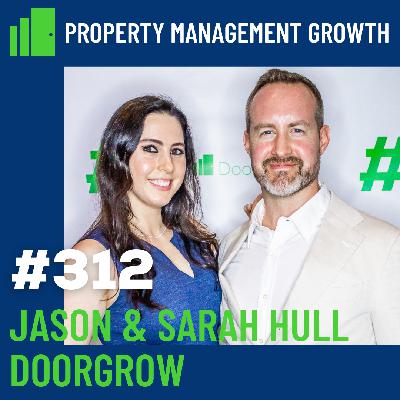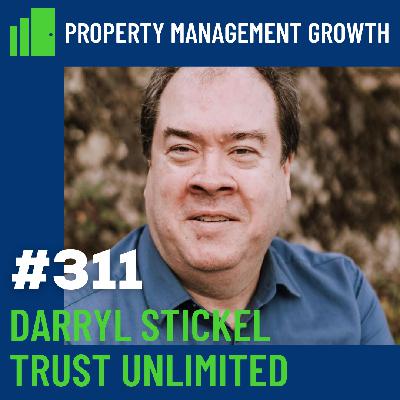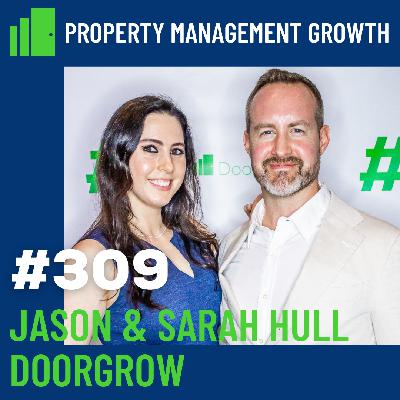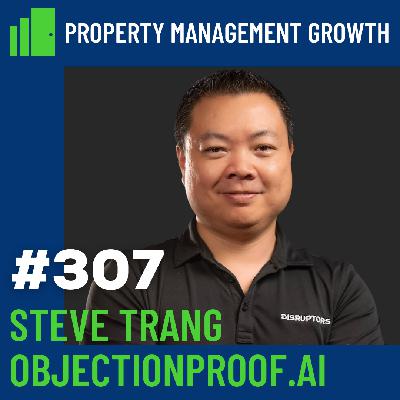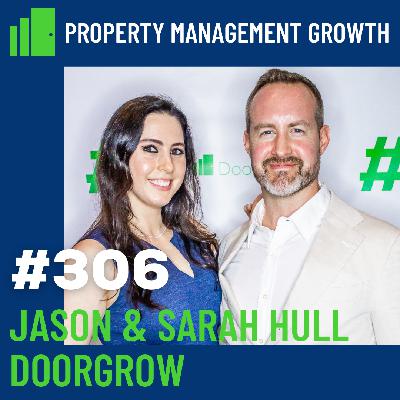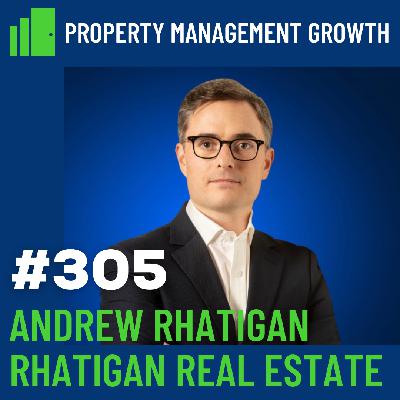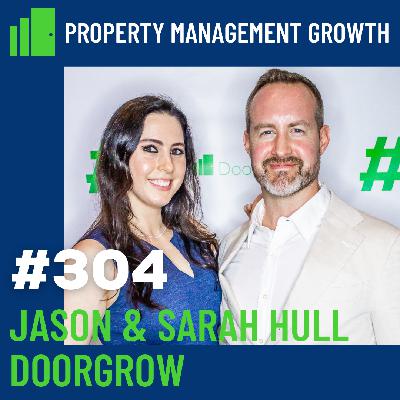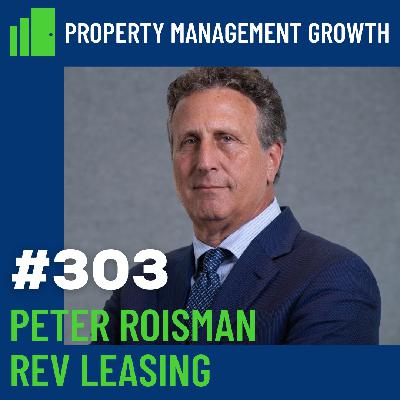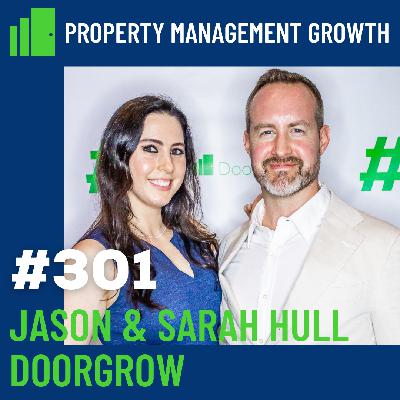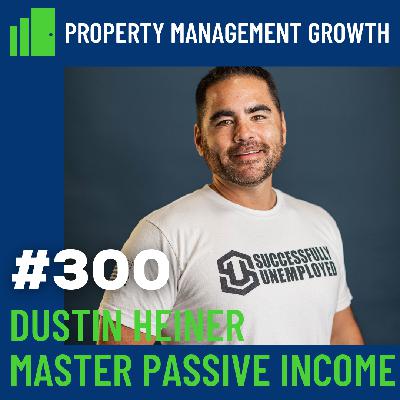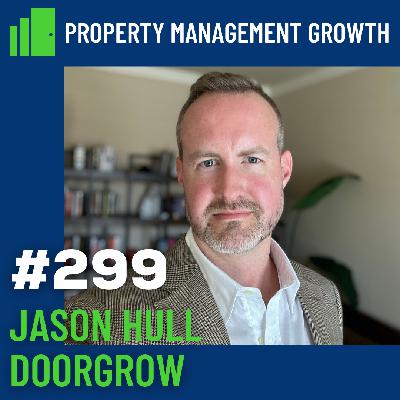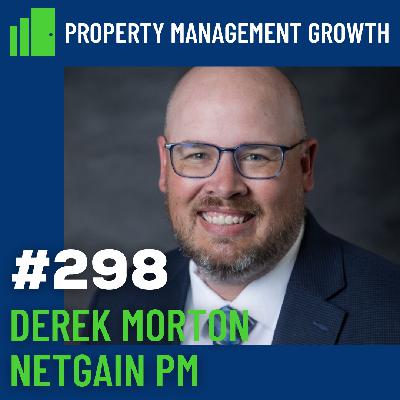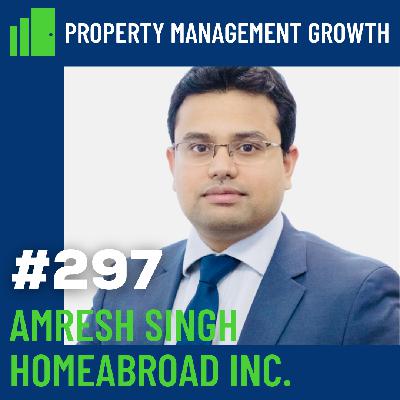DGS 310: Prioritizing Tasks, Reducing Communications, and Increasing Time in Property Management
Description
How often do you say, "I don't have time?" This is a common excuse we hear from property management business owners and their teams. The truth is, we all have the same amount of time.
In this episode of the #DoorGrowShow, property management growth experts Jason and Sarah Hull discuss the myth of not having enough time and the true issue: having the wrong priorities.
You'll Learn
[01:28 ] Time: The Biggest Excuse for Staying Stagnant
[06:02 ] You Don't Make Money on Bad Clients
[10:20 ] Building Trust with Clients Without Overcommunicating
[19:35 ] Finding the Bottleneck in Your Business
Quotables
"Don't optimize for the wrong things. You have to make sure you're optimizing for the right things."
"We all have the same amount of time every day."
"The issue is not time. The issue is priorities."
Resources
Transcript
Jason Hull (00:00 )
most of you listening have some properties and some owners in your portfolio that are losing you money. Your operational cost on them is higher than
you being able to pull profit on them.
All right, we are Jason and Sarah Hull, the owners of DoorGrow, the world's leading and most comprehensive coaching and consulting firm for long-term residential property management entrepreneurs. For over a decade and a half, we've brought innovative strategies and optimization to the property management industry. At DoorGrow, we have spoken to thousands of property management business owners, coached, consulted, and cleaned up hundreds of businesses.
helping them add doors, improve pricing, increase profit, simplify operations, and build and replace teams. At DoorGrow, we believe that good property managers can change the world and that property management is the ultimate high trust gateway to real estate deals, relationships, and residual income. At DoorGrow, we are on a mission to transform property management, business owners, and their businesses. We want to transform the industry, eliminate the BS, build awareness,
change perception, expand the market, and help the best property management entrepreneurs win. Now, let's get into the show. All right, so what are we chatting about today? Sarah? Time. Time. Time. Why are we chatting about time?
And this is where most people mess it up because it's so precious here's the little captain's face
It's precious. Okay, Captain for those listening is a little dog that we have. It's one of our dogs. Okay, so the reason we're talking about time is because time is one of the biggest excuses that we get. Are you working and growing your business? I just don't have time. Or have you been making the calls that you need to make to get your business growing? I don't have time. I'm so busy. I'm so overwhelmed. And so it's everybody is out of time.
Nobody has time. Nobody's so busy. There's a meme that it's old, but it's like classic. Ain't nobody got time for that. Ain't nobody got time for that? Yes, you do. So time, time is an issue. Why is time an issue? We all have the same amount of time every day. We get a whole new 24 hours the next day, every day. The issue isn't time. And we've talked about this, think, before, but the issue is not time. The issue is priorities. You're prioritizing the wrong things. And one of the things we've noticed
with clients. We just recently wrote for our clients a time optimization playbook for property managers. It's got some brilliant stuff in it. A lot of it from her brain, some of it from my brain, and it's really good. But one of things we've noticed, Elon Musk has these principles for how he goes and optimizes businesses. He's made businesses way more efficient. When he came into Twitter and rebranded it to X he cleaned house, thousands of
wasteful employees that were just bloat and not really contributing to code, not really updating it. One of his key principles is don't optimize for the wrong things. You have to make sure you're optimizing for the right things. And a lot of people are optimizing when they should have been cutting stuff out first. So they didn't ask the question, should we even be doing this thing at all? And most property managers we find are optimizing for the wrong thing.
They are optimizing for how do I take every phone call from every tenant and how do I take every phone call from every owner and how do I please everybody and do all this stuff that I have to do instead of what?
Instead of saying, should I even be talking to these people at all? Your owners don't really want to talk to you. They really would love if they could just trust you to do your job and do it well and not have to talk to you. Like that's really what owners want. When they feel anxious because they don't trust you because you aren't doing a good job or you've set incorrect boundaries or you haven't made them feel safe from the beginning or you onboarded them poorly, they now feel anxious. They want to talk to you all the time because why?
They now believe they need to manage the manager. They're trying to manage you. How ridiculous is that? They hire you to manage their property and then they manage you to manage the property. They just traded their job for another job instead of offloading it to you. so we need to optimize for the right things. And so we need to start questioning things. And so some of the things we'll have people do is we'll have them audit their time by doing a time study.
And ours is a little bit different. It focuses on identifying the five currencies of time, energy, focus, cash, and effort, which is a framework I got from one of my mentors, Alex Charfen. And so the idea of the time study showcases all of these. It shows all of these. Sarah's, used to say it didn't show cash, but Sarah was like, you should add cash. And so now it has the money piece in it too.
just said.
You're trading your time. Right. And this is thing I to my clients all the time. I say, if your time was worth, let's just call it a low amount like $50 an hour, you just traded $50 an hour for $13 an hour. It was not a good trade. Yeah. Of course it wasn't. Not a good trade at all. were you doing those things? Instead of using $50 an hour time to do $50 or $100 or $1,000 an hour work, you're using $50 an hour time.
to do $13 an hour work, you have to just look at the things that you're doing and place a dollar sign next to them and then kind of compare that with what your pay rate is and what you want your pay rate to be, not just what it currently is. So I just said, just put a dollar sign next to them. And we did. We updated it. So you might be thinking, how do I deal with all my tenants and all my clients? And maybe you should be asking
Should I even have all of these tenants, properties, and clients? After all, a lot of our clients, when they first come to us, are not making money on every property. They're losing money on some of the properties. They're losing money on some of the owners that they're dealing with. If you actually ran a P &L, a profit and loss statement on every individual owner, every individual unit that you manage, some of them in your business are losing you money. Would you manage for free? Would you do it for free?
People came to you, hey, could you do this? You won't make any money, but I'd like you to manage this anyway. I'll pay you nothing. You would probably say no to that, right? If they came to you and said, hey, I would like you to manage this and you will actually lose money, but it benefits me. Would you do it? You're like, Jason, that's stupid. But right now, most of you listening have some properties and some owners in your portfolio that are losing you money. Your operational cost on them is higher than
you being able to pull profit on them. And so it's the 80-20 principle. 20 % of your properties and 20 % of your owners probably cost you 80 % of your operational costs, right? They're eating it up. So one of the principles we share recently, we've been sharing at some of our Jumpstart sessions because we onboard clients in person. We have them come out to our Jumpstart sessions is this idea of, well, do you remember?
The Hamburglar. Do remember the Hamburglar? The sneaky, shady guy with the bands and over his like this little thing around his eyes and he's sneaking around stealing burgers, right? Well, there is a burglar sneaking around your business and you can't even see him. He's invisible. And he is the interruption burglar. He's just sn

